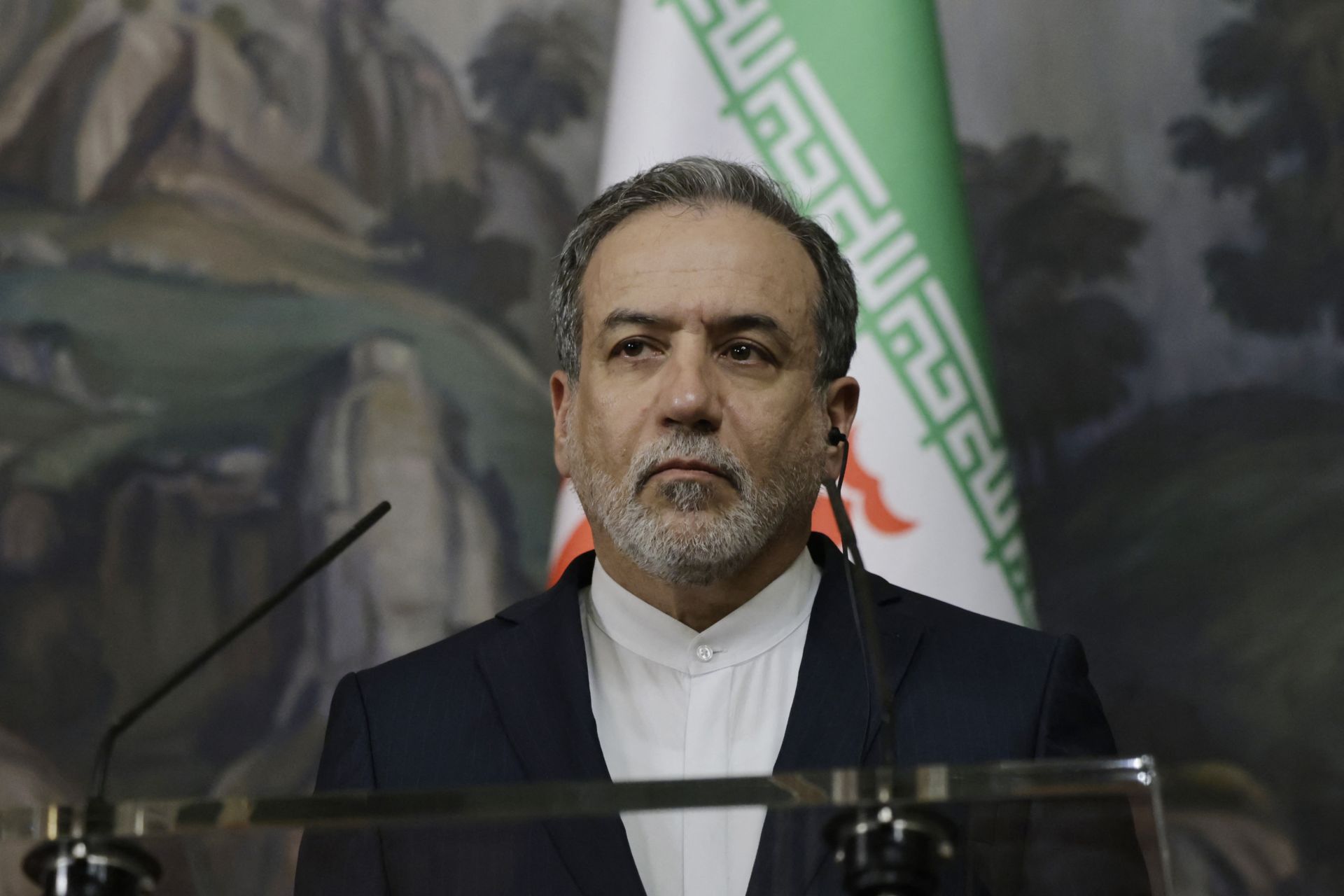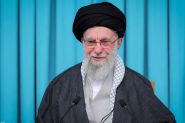- Home
- Middle East
- Iran Says Likely to Hold Nuclear Talks with Europeans this Week

©Tatyana Makeyeva / POOL / AFP
Iran's top diplomat said Wednesday a new round of talks on his country's nuclear programme with Britain, France and Germany was likely to be held in Turkey later this week.
"The next round, at the level of deputy foreign ministers, I think, is scheduled to be held in Istanbul on Friday," Foreign Minister Abbas Araghchi told reporters in Tehran.
French diplomatic sources also told AFP the meeting would take place in the Turkish city on Friday, adding it would be held at the level of political directors.
There was still no word from London or Berlin on the meeting, which was originally slated for earlier this month but postponed.
Iran has held several discreet meetings on the nuclear issue with the three European nations since late last year -- most recently in February in Geneva -- ahead of indirect negotiations with Washington that began on April 12.
"While we continue the dialogue with the United States, we are also ready to talk with the Europeans," Araghchi said.
"Unfortunately, the Europeans themselves have become somewhat isolated in these negotiations with their own policies," he added, without elaborating.
"We do not want such a situation and that's why we have continued our negotiations" with them, he said.
Friday's expected meeting follows a round of Oman-mediated talks between Tehran and Washington on Sunday.
The four rounds of US-Iran talks were the highest-level contact in years between the long-time foes, since US President Donald Trump in 2018 abandoned the 2015 nuclear accord with world powers.
Since returning to office in January, Trump has revived his "maximum pressure" approach against Tehran. While backing nuclear diplomacy, he also warned of potential military action if it fails.
Western countries, including the United States, have long accused Iran of seeking to acquire nuclear weapons, while Iran insists its nuclear programme is for peaceful purposes.
The 2015 deal between Iran and major powers Britain, China, France, Germany, Russia and the United States included a so-called "snapback" mechanism, which parties can trigger to automatically reinstate UN sanctions on Iran over its non-compliance.
That option expires in October but French Foreign Minister Jean-Noel Barrot has warned that "if European security interests are not guaranteed, we will not hesitate for a single second to reapply all the sanctions that were lifted 10 years ago."
Iran currently enriches uranium to 60 percent, far above the 3.67 percent limit imposed by the 2015 deal but still below the 90 percent threshold required for weapons-grade material.
While Tehran defends its right to enrich uranium as "non-negotiable", Washington describes it as a "red line" with US Secretary of State Marco Rubio calling for the dismantling of all Iranian nuclear enrichment facilities.
With AFP
Read more



Comments